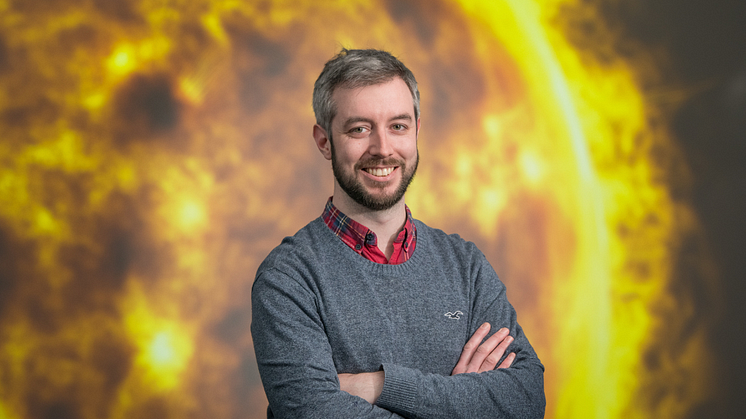Ancient volcanoes released ‘cryptic’ carbon dioxide far longer than previously believed
Ancient volcanoes continued to eject carbon dioxide into the atmosphere for millions of years after their eruptions ended, researchers have discovered.
Ancient volcanoes continued to eject carbon dioxide into the atmosphere for millions of years after their eruptions ended, researchers have discovered.
A team of scientists have successfully carried out regular measurements of the outermost layer of the Sun’s atmosphere for the first time – giving us a much better understanding of the magnetic field within this region, known as the solar corona.
The Sun’s magnetic field plays a key role in shaping its atmosphere, with activity such as solar eruptions and the heating of the corona to millions o
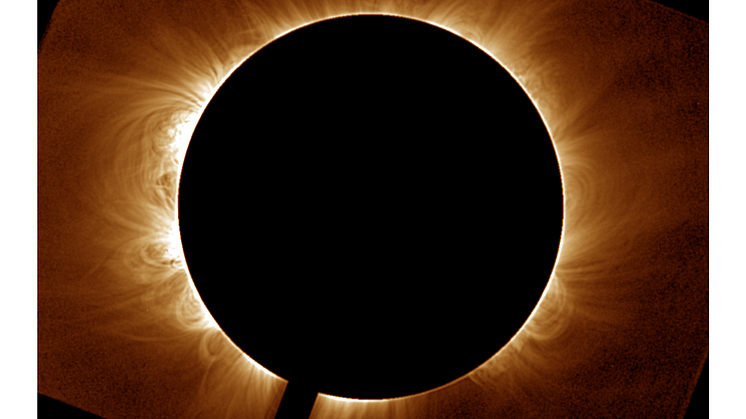
In this article originally written for The Conversation*, from Northumbria University, Associate Professor Matthew Pound, and PhD candidate in the Department of Geography and Environmental Sciences, Jessica McCoy, discuss the change in UK climate.
In this article originally written for The Conversation*, from Northumbria University, Shanfeng Hu, Assistant Professor, Computer and Information Sciences, and Mark Middling, Assistant Professor of Accounting, discuss the effect of AI on VAR offside calls in Premier League matches.
Since the 1960s, astronomers have wondered how the Sun’s supersonic “solar wind,” a stream of energetic particles that flows out into the Solar System, continues to receive energy once it leaves the Sun. Now, thanks to a fortunate line up of two spacecraft currently in space studying the Sun, they may have discovered the answer.
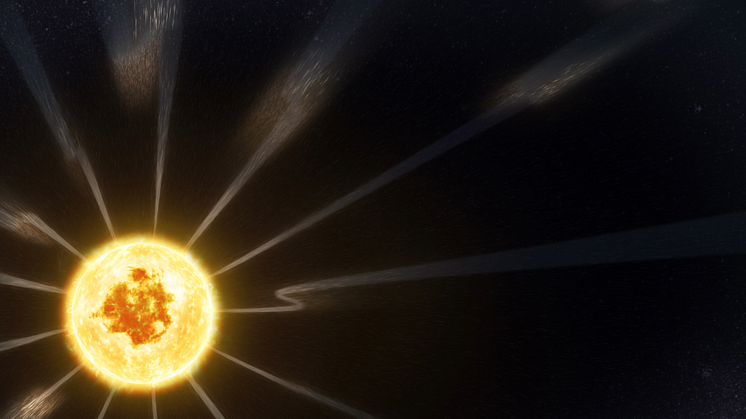
Judges at the North East Business Awards have named Professor John Woodward as the Business Person of the Year for Northumberland and Tyneside for his work to develop the new North East Space Skills and Technology Centre at Northumbria University.
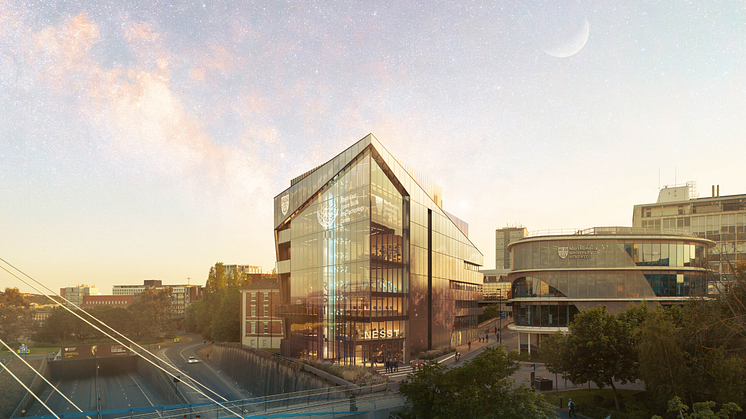
Ground Penetrating Radar software developed by academics at the universities of Northumbria, Edinburgh and Aberdeen has been chosen by technology giant, Google, to be part of its prestigious Summer of Code mentor scheme for the fourth time.
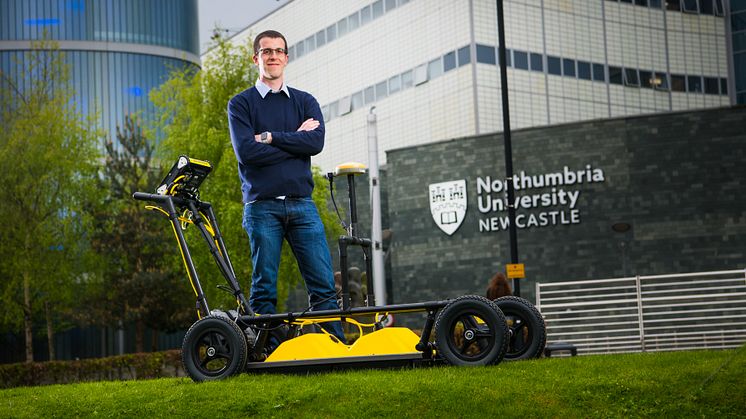
Visitors to Newcastle's Life Science Centre can participate in a study to help astronauts on the Artemis Moon exploration program. By applying K-tape to astronauts’ ankles, it is believed balance on the Moon's surface can be improved. Results will be shared with the European Space Agency. Northumbria University is leading space innovation.
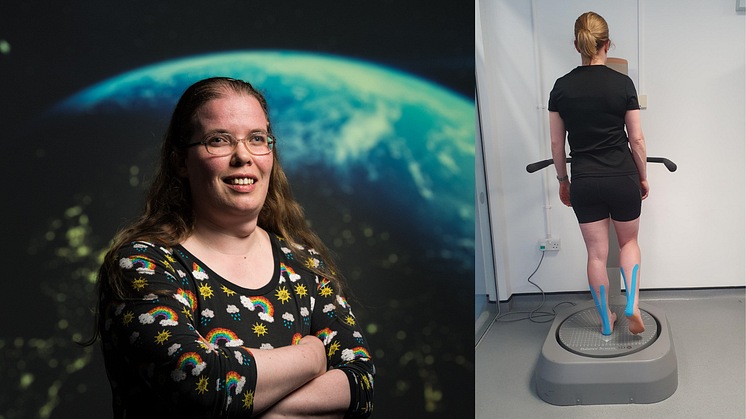
Scientists using data from the Solar Orbiter spacecraft have made progress in understanding the origins of the 'slow' solar wind, shedding light on how it forms and leaves the Sun. This research helps explain the variability and complexity of the solar wind, providing new insights into its behavior and composition.
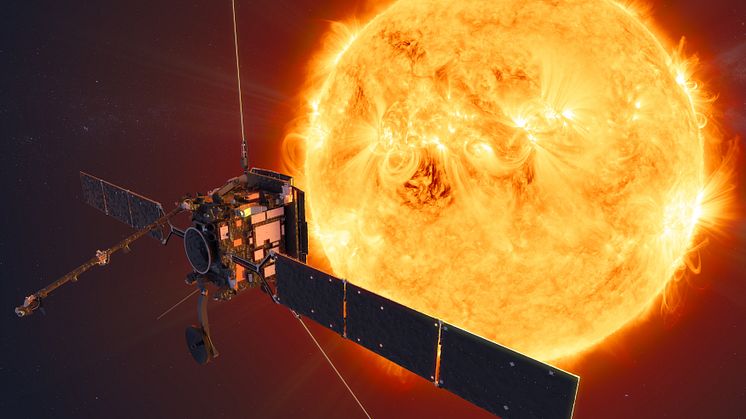
An Early Career Researcher from Northumbria University has been recognised by the Royal Geographical Society (with the Institute of British Geographers) with one of 26 medals and annual awards presented to outstanding people and organisations for their notable contributions to geography.

Economists and environmental scientists from Northumbria University have joined forces with regional leaders across the North East to co-design a renewable energy toolkit.
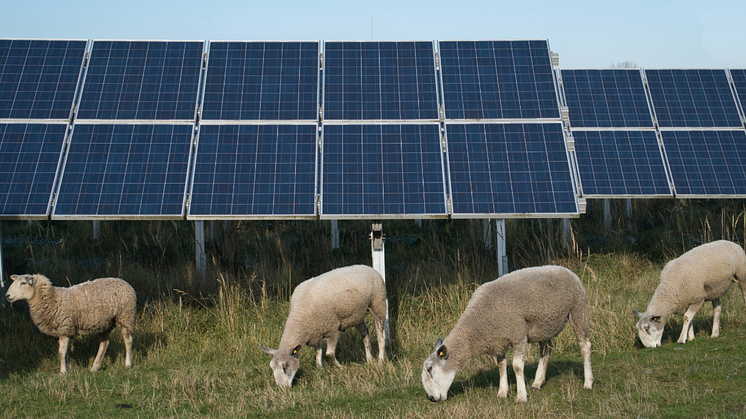
Northumbria University has been recognised as an Academic Centre of Excellence in Cyber Security Research for the second time, joining a select group of 21 universities in the UK. The university's research spans technical and human-centered aspects of cyber security, addressing virtual and physical risks in connected smart cities.

Professor Tom Stallard, a Planetary Astronomer from Northumbria University, has been granted access to the James Webb Space Telescope to study and capture images of the auroras on gas giants Saturn and Uranus. This unique opportunity will provide unprecedented insight into these spectacular light shows and planetary atmospheres.
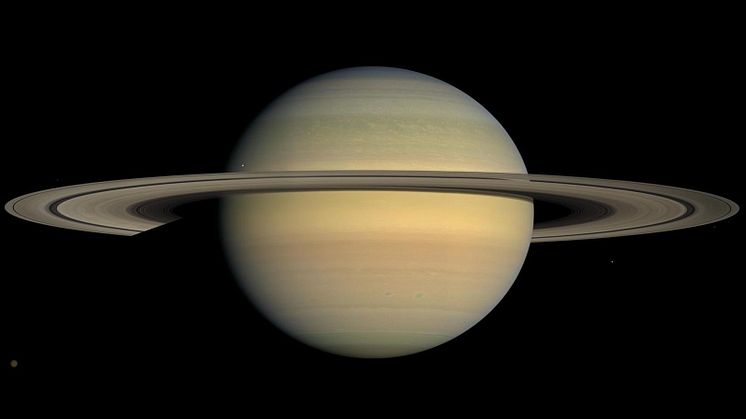
Researchers are delving into the evolutionary mystery of early bacterial life on Earth, investigating why most bacteria have two membranes surrounding their cells. This new project, funded by the BBSRC, aims to recreate ancient microbial evolution in a laboratory setting to shed light on this important question in biological history.

A Northumbria University scientist, who leads outreach work dedicated to improving diversity in STEM careers, is one of 30 researchers selected to participate in this year’s Royal Society Pairing Scheme.

A new research synthesis co-authored by an international group of 29 ice sheet experts states that future rises in sea level could be better estimated by gaining a clearer understanding of the Antarctic and Greenland ice sheets.
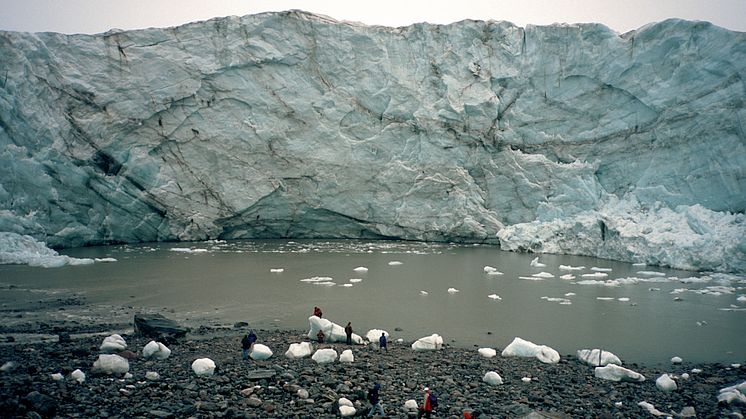
PulmoBioMed - a Northumbria University spin-out which has developed a new lung test that could lead to earlier diagnosis of asthma and other conditions - has raised £1.4m to help commercialise its technology.
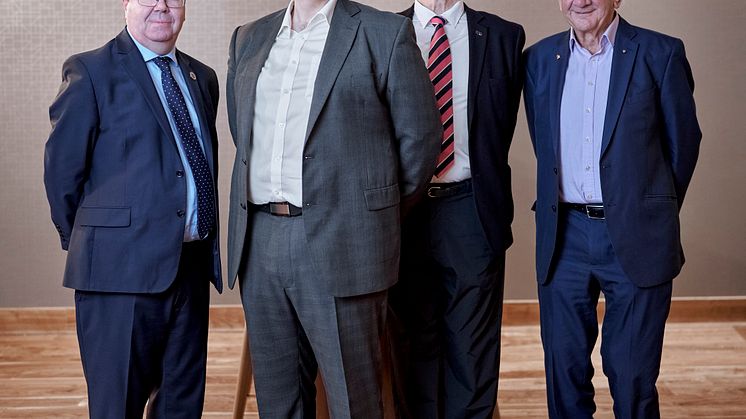
A new study involving Northumbria University has revealed scans of 390 babies show distinct patterns between term and preterm babies in the dynamic (moment-to-moment) connectivity of brain networks.
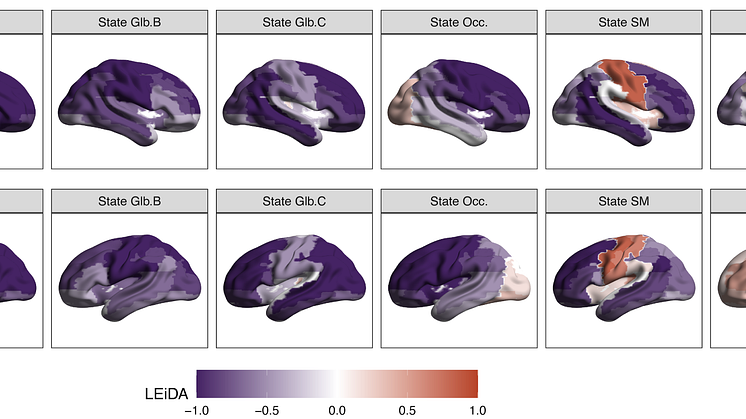
Northumbria University is hosting the Digital Civics Exchange, a series of events focusing on the role of people in artificial intelligence and digital technology. The event will also mark the launch of Northumbria University's 9 million AI Centre for Doctoral Training in Citizen-Centred AI.

Dr Andy Smith, a solar physicist at Northumbria University, has been honored by the Royal Astronomical Society for his work in using artificial intelligence to predict space weather. His models are used by the Met Office for space weather forecasts. Smith was awarded the Winton Award for his use of AI techniques to monitor and predict solar eruptions and their impact on Earth.
